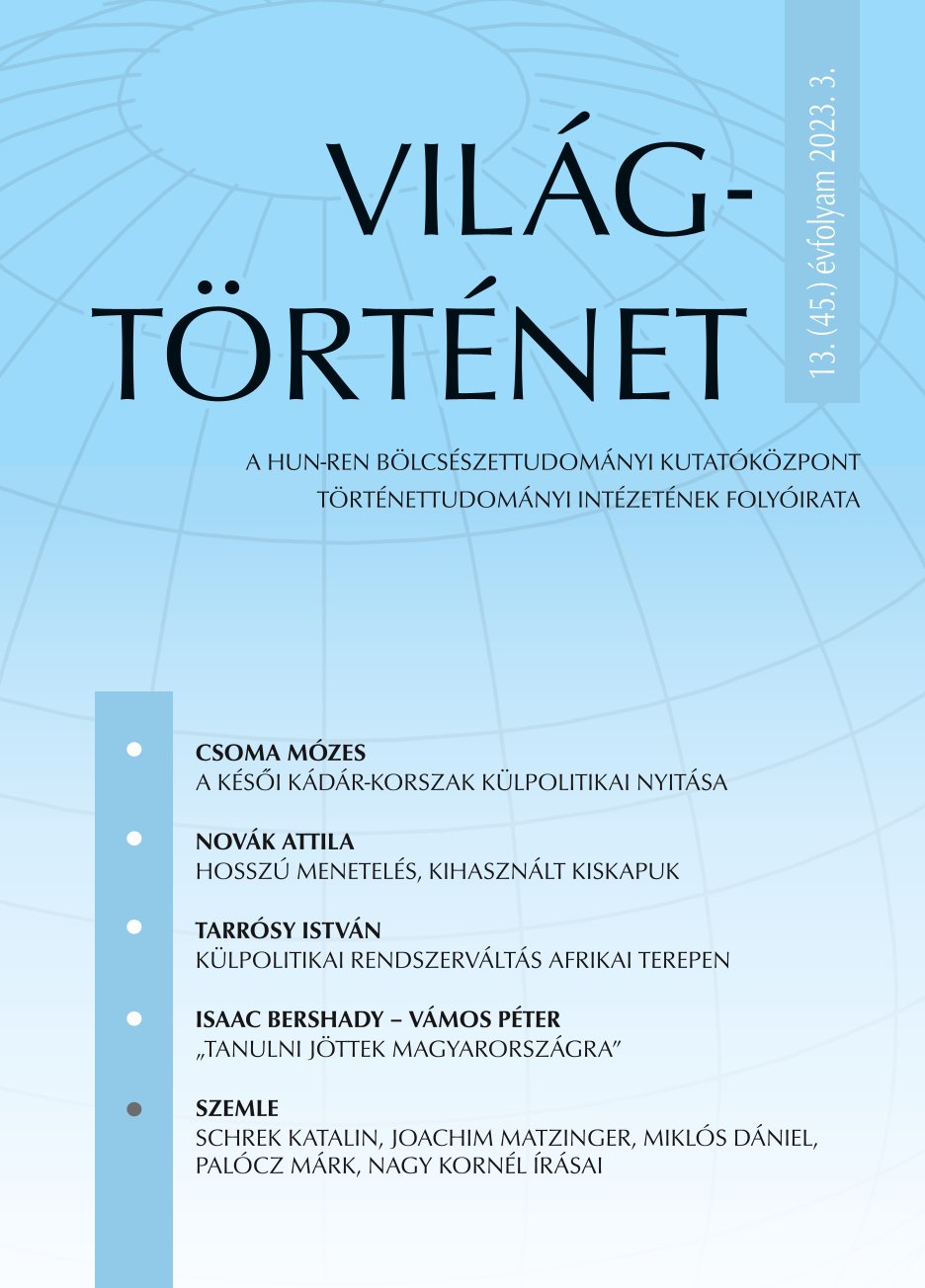Az oszmánok és a muszlimok megítélése a bolgárok között a 19. században. A mai sztereotípiák és előítéletek gyökerei
The Perception of Ottomans and Muslims in Bulgaria in the 19th Century: The Roots of Present-day Stereotypes and Prejudices
Author(s): Gábor DemeterSubject(s): Ethnohistory, 19th Century
Published by: Magyar Tudományos Akadémia Bölcsészettudományi Kutatóközpont Történettudományi Intézet
Summary/Abstract: Several recent studies have stressed that the perception of modern Turkey is not positive in Bulgaria – regardless of political regimes in power. A reason for the persistence of stereotypes in Bulgaria may be that modern Turkey is considered as the successor of the Ottoman Empire in the minds, which fail to make distinction between the two formations. This study aims to trace the roots of the negative stereotypes leading to the persistence of prejudices and this dangerous generalizations. As the participants of the events in 1876–1878 had decisive role in influencing generations, because they became integral part of the political elite of the liberated Bulgaria and thus school textbooks, and were emerged into the historical canon of both the nationalist and communist history-writing in this work we aim to focus on their writings. The hatred against the abuses of Ottoman authorities was misdirected and turned into hatred against Ottomans and Moslems, although the two groups were not equivalent. Contrary to Levski’s dreams, the catchwords also used by Botev: liberty, equality, fraternity and the “pursuit of happiness” were used up biased in an attempt to homogenize the ethnic structure of the newborn state (making it more stable) instead of realizing these values.
Journal: Világtörténet
- Issue Year: 2023
- Issue No: 3
- Page Range: 409-429
- Page Count: 21
- Language: Hungarian

